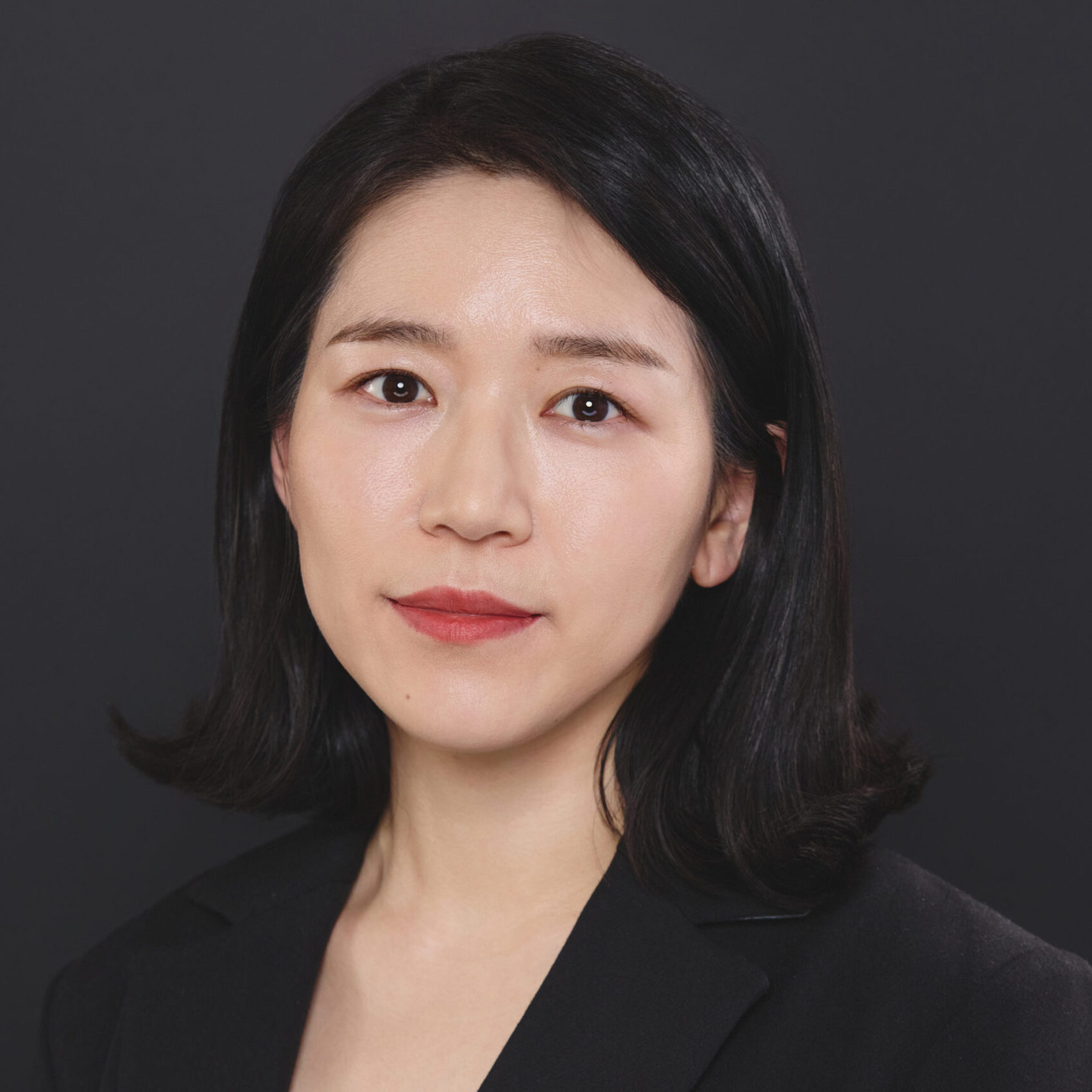The College of Public Health has welcomed nine new faculty this fall. Join us as we get to know Andrew Kiselica, Magnolia Hernandez, Renato Ferreira Leitao Azevedo, Jacob Harth, Chao Huang, Cynthia Carmean, Liyuan Wang, Eunhae Shin and George Mois! Next up in our series is Eunhae Shin, Ph.D., an assistant professor in Health Policy & Management.
- Can you tell us about your background?
I am a health economist, passionate about generating evidence to improve healthcare systems. My current research focuses on how payment systems can be leveraged to promote more equitable access to quality health care.
Prior to joining UGA, I worked at a policy think tank called Mathematica for five years. While there, I conducted research across a range of topics including primary care transformation, alternative payment models, and transitional care interventions, working closely with federal agencies, state governments, and foundations.
I received my PhD in Economics from the University of Southern California, and my Masters and Bachelors degrees in Economics from Korea University.
- What brought you to UGA and the College of Public Health?
I was drawn to the UGA College of Public Health due to its collaborative and collegiate environment. My previous institution provided a similar environment and I knew that’s where I would thrive. One thing I missed at Mathematica was teaching, and I was also very excited about the opportunities to teach and mentor students in our various degree programs (including the new PhD program in Health Services Research launched this Fall!).
- What excites you or motivates you about being in the classroom and your research?
My motivation as an academic is to make positive impacts on our community through research and teaching. That’s how I first became interested in intersections between economics, health, and policy. In one of my current studies, I have been looking at whether payment reforms such as the Maryland Total Cost of Care Model—which began to provide explicit incentives tied to equity starting in 2020—can reduce health disparities. I found that Maryland’s Medicare beneficiaries experienced substantial quality-based disparities in preventable admissions, readmissions, and timely follow-up before the model was introduced in 2019. As such, I hope to continue examining the effects of equity-based incentives and payments, and contribute to understanding how economics can help improve health of vulnerable populations through my research.
I would also love to serve our community by teaching a diverse group of students and helping them grow.
- How have you partnered with communities to improve health? Is there service or outreach work you’d like to do in Athens or Georgia?
My previous project at Mathematica partnered with the Iowa Department of Health and Human Services to evaluate the state’s community-based service system. The project developed a set of recommendations based on study findings, and in a subsequent contract, actually implemented those recommendations to better align services with needs and maximize access to services in community settings in Iowa. And this is the type of research I hope to conduct at UGA.
As the state’s flagship university, UGA and the College of Public Health have many community engagement projects. I want to be part of those efforts and work directly with Georgia communities to identify existing challenges and opportunities for advancing Georgia’s healthcare systems.
- What are you looking forward to this Fall semester?
I am excited about the opportunity to meet new colleagues, learn about their work, and discuss potential collaborations. I also look forward to learning more about the University, its culture, and shared values. Finally, I’m not teaching any course this semester, but hope to have a chance to interact with our DrPH and PhD students through guest lectures or seminars.
- A few fun rapid-fire questions:
- Go-to road trip snack? Granola bar
- Coffee or tea order? Iced or hot americano (depending on weather)
- One TV show or podcast you can’t stop talking about? Emily Oster’s Parent Data






